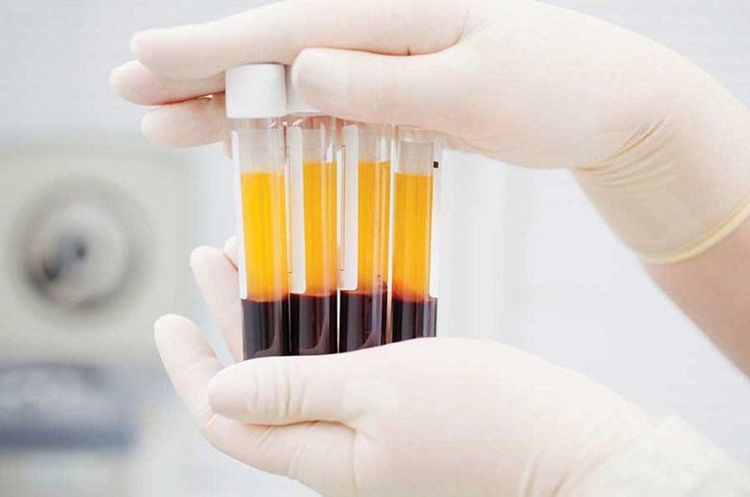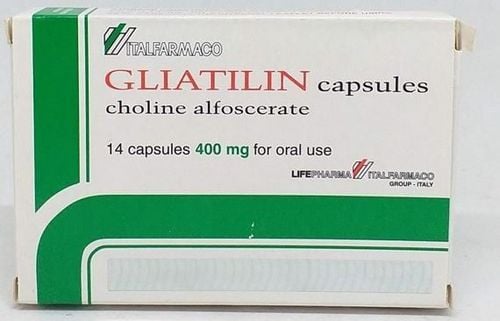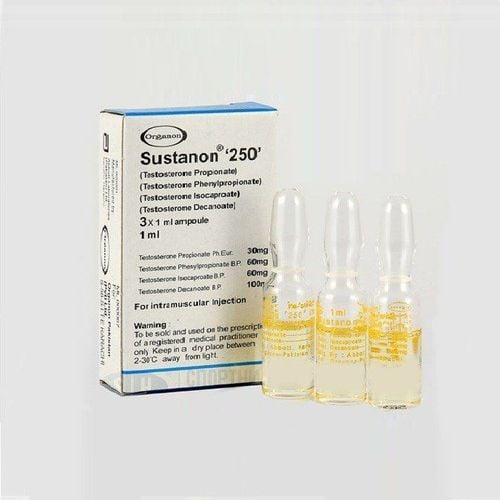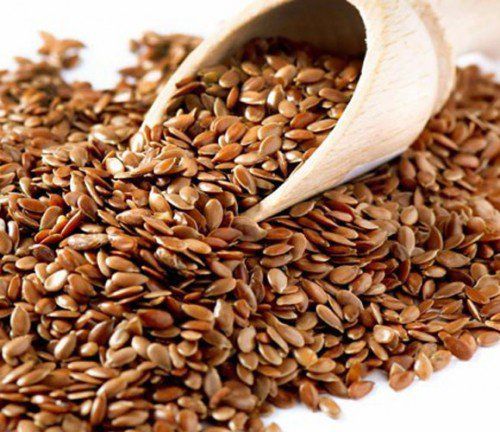The following article has been professionally consulted by Phan Ngoc Toan, MSc, MD - Resuscitation and Emergency Doctor - Vinmec Da Nang International General Hospital.
1. Contraindications to Intravenous Injection
The following are contraindications for intravenous injection:
- Medications that strongly stimulate the cardiovascular system: For example, Adrenaline should only be administered in emergencies, such as cases of low blood pressure where the pulse cannot be felt or measured.
- Oil-based medications include Testosterone and Vitamin D3…, better administered through intramuscular injection rather than intravenously.
What are indications for intravenous injection?
2. Indications for Intravenous Injection
Intravenous injection is appropriate in the following scenarios:
- Medications requiring rapid action: This includes anesthetics, sedatives, and anti-hemorrhagic medications, vasopressors….
- Medications with systemic effects.
- Medications that can cause tissue necrosis or pain when injected subcutaneously or intramuscularly: Examples include calcium chloride and Ouabain…
- Medications that must be given intravenously and cannot be injected intramuscularly or subcutaneously.
- Isotonic and hypertonic solutions: When large volumes of fluids are necessary.
- Plasma, blood, and colloidal solutions: Such as Subtosan and Dextran.
- Therapeutic serums.

Here are some medications frequently administered via intravenous injection in hospitals:
- Ampicillin 1g powder for injection
- Amoxicillin 1g + Clavulanic Acid 200mg powder for injection
- Ampicillin 1g + Sulbactam 500mg powder for injection
- Oxacillin sodium 1g powder for injection
- Imipenem powder for injection (500mg Imipenem + 500mg Cilastatin)
- Meropenem
- Cefuroxime 750mg powder for injection
- Cefuroxime 1.5g powder for injection
- Cefotaxime 1g powder for injection
- Cefradin 1g powder for injection
- Ceftriaxone 1g and 2g powder for injection
- Cefazidime 1g powder for injection
- Cefepime 1g powder for injection
- Cefoperazone 1g powder for injection
- Ceftizoxime 500mg and 1g
- Cephalothin 1g
- Cefamandol 1g
- Cefmetazol 1g
- Gentamicin 80mg/2ml injection solution
- Amikacin 500mg/4ml injection solution
- Netilmicin 150mg/2ml injection solution
- Lincomycin 600mg/2ml injection solution
- Clindamycin 300mg injection solution
- Vancomycin 1g and 500mg powder for injection
- Teicoplanin 200mg powder for injection
- Fosfomycin 1g
- Omeprazole 40mg powder for injection
- Pantoprazole 40mg powder for injection
- Esomeprazole 40mg powder for injection
Each injection technique has specific indications and contraindications. It is critical to adhere to the guidelines for intravenous injection to avoid serious complications or risk to the patient's life. Always follow the physician's instructions closely.
To arrange an appointment, please call HOTLINE or make your reservation directly HERE. You may also download the MyVinmec app to schedule appointments faster and manage your reservations more conveniently.









